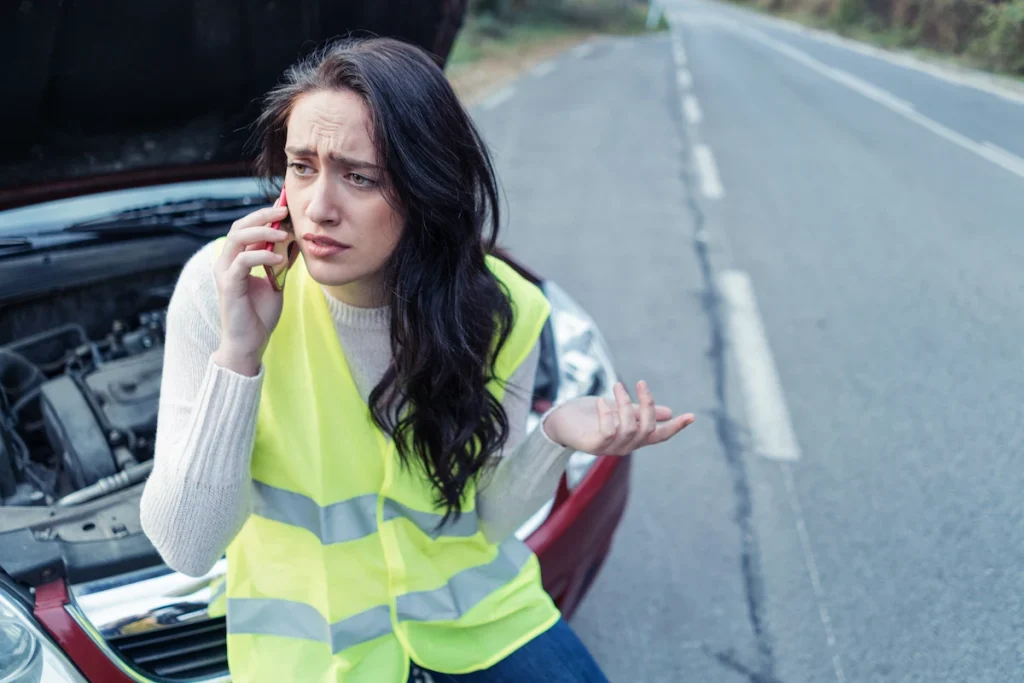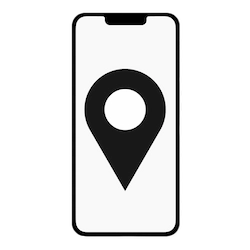What Happens if Someone Who isn’t on Your Insurance Crashes Your Car?
Understanding Liability and Coverage in the U.S.
Lending your vehicle to a friend or family member may seem like a simple act of kindness, but what happens when they get into an accident while driving it? The implications can be complex, especially if the driver isn’t listed on your insurance policy. This article will explore the intricacies of such a situation in the U.S.
Who is the Primary Insurer?
Typically, car insurance follows the vehicle, not the driver. This means that in most cases, the car owner’s insurance would be the primary source of coverage in the event of an accident, regardless of who was driving.

Permissive Use
Most auto insurance policies cover “permissive use,” which means that if you permitted the person to drive your vehicle, your insurance would likely cover the damages. However, there are limits:
- Liability Coverage: Your policy will cover damages to another person’s vehicle or property, but there might be limits to this coverage based on your policy details.
- Collision Coverage: If you have collision coverage, your insurance might cover damages to your vehicle minus the deductible.
- Medical Payments/Personal Injury Protection (PIP): These would cover medical expenses, regardless of who’s at fault.
Non-Permissive Use
If someone took your car without your consent (non-permissive use) and crashed it, you could argue that you shouldn’t be held liable. In this case:
- The driver’s insurance (if they have any) might be the primary source of coverage.
- If the driver doesn’t have insurance or their coverage isn’t enough, you could use your policy as a backup, which could lead to increased premiums.
Exclusions and Limitations
Some policies may have specific exclusions. For instance:
- Excluded Drivers: If someone living with you isn’t listed on your policy (perhaps due to a poor driving record), any accident they cause might not be covered.
- Commercial Use: If someone borrowed your car for commercial purposes (like deliveries), an accident might not be covered under a standard policy.
Policy Limits and Excess Liability
If the damages exceed the limits of your policy:
- The driver’s insurance might cover the excess if they have a policy.
- If the damages still aren’t fully covered, you and the driver could be liable for the remaining amount.
Impact on Premiums and Future Coverage
Even if your insurance covers the damages:
- Your premiums could increase due to the claim.
- If there are multiple incidents over a short period, your insurer might choose not to renew your policy.
Legal Implications
If the accident caused severe injuries, fatalities, or significant property damage, legal actions could ensue:
- As the vehicle owner, you could face legal repercussions, especially if it’s believed you were negligent in lending out your vehicle.
- The driver could also face legal consequences, mainly if they were under the influence or driving recklessly.
Conclusion
The adage “lend your car, lend your insurance” holds in many cases. Before allowing someone to drive your vehicle, it’s crucial to understand your insurance policy’s terms and the potential ramifications. While it’s always helpful to trust and assist friends or family, being informed ensures unforeseen implications don’t blindside you.
